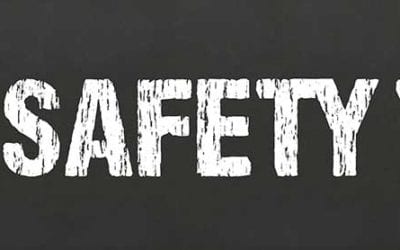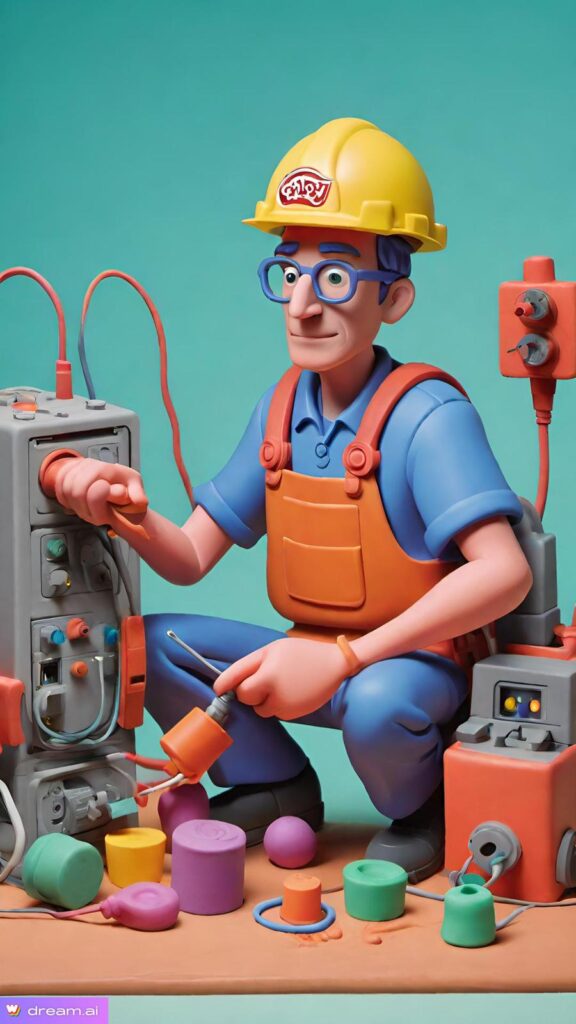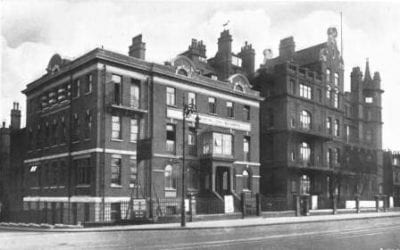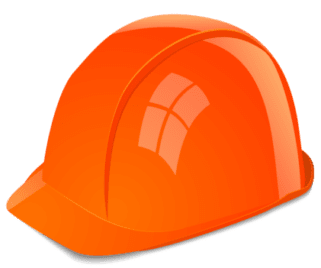Fire Safety advice for businesses
Fire safety has always been important; significant events, from the great fire in London to more recent events such as Grenfell, further reinforce its importance.
The fire and rescue services in England attended over 70,000 primary fires between April 2018 and March 2019.
A primary fire meets at least one of the following criteria:
- Occurred in a (non-derelict) building, vehicle or outdoor structure, or
- A fatality, casualty or rescue, or
- five or more pumping appliances were in attendance.
Over the years, the number of primary fires has been falling. But fires in workplaces and residential properties still happen with devastating effects on both people’s lives, homes and businesses.
Here are some simple steps to take to make your business safer.
A good starting point is to arrange a Fire Risk Assessment(FRA) A fire risk assessor will work with you to assess the main fire risks in your workplace; what you can do to reduce the chance of fires starting and minimise the impact if it does.
Things an FRA will look at
Faulty or unsafe electrical equipment –
This covers the fixed installation (sockets, wiring, lighting, etc.) and portable appliances. Defects include damaged or exposed the wiring and overloaded outlets or circuits.
Inadequate cleaning
Inadequate cleaning allows grease and dust to accumulate within machinery. Dust and dirt can be a fuel source and can impair ventilation, which may cause the machinery to overheat, providing the source of ignition sources.
Combustible materials
Allowing flammable materials to accumulate provides a source of fuel and increases the risk of a fire starting and rapidly developing.
Human error
Fires may start due to people not using the equipment correctly, which may be due to not being authorised or trained. Another common problem is hazardous equipment being left unattended.
Negligence
Inadequate maintenance and inspection allow the condition of work equipment to deteriorate. Lack of supervision will enable operators’ bad habits to develop.
Arson
Fires that are started deliberately by vandals or disgruntled former or current employees.
Maintenance electrical equipment
Portable Appliance Testing (PAT)
PAT testing is the routine inspection of some types of electrical appliances by a competent person to check they are safe to use. Its purpose is to prevent faulty equipment in the workplace from causing electrical accidents. The frequency of fixed electrical and PAT inspections is dependent on risk. Appliances, such as computer monitors that hardly ever move do not need testing as often as more portable items like kettles and used in a wet environment.
CLICK HERE TO SEE THE HSE GUIDANCE ON PAT TESTING
Fixed Electrical test
This test is for all of the electrical installations and systems in your property, e.g., Main panels, distribution boards, fuse boards, protective devices, lighting. The frequency of testing depends on the type of building.
Other work equipment
Other work equipment that requires maintenance and inspection includes gas appliances such as catering equipment, boilers, and water heaters.
Good housekeeping:
Keep the workplace clean and tidy and fire safety equipment readily accessible. Store combustible/flammable items away from potential sources of ignition. Securely store flammable chemicals to prevent unauthorised use.
Install appropriate fire safety equipment.
Install smoke and heat detectors throughout most commercial buildings. A Fire Risk Assessment (FRA) will help you decide what fire safety equipment and passive fire protection measures to install and how to manage them.
Management Fire Precautions
Fire Safety Training and instruction
Because roles and responsibilities need to be clear and relevant, employees and contractors should complete a safety induction course and receive regular refreshers. There should also be regular fire drills. Specialist fire marshal training should be provided for staff members, including information about routine checks to help prevent fires so they know what to do in an emergency.
Carry out a Fire Risk Assessment
Ensure that a competent person conducts a suitable and sufficient FRA. The FRA should identify any significant risks and provide you with actions. It will help you manage fire hazards and achieve a safer workplace.
Terra Firma 360 can provide a Fire Risk Assessment (FRA) and competent fire safety advice that is relevant and useful to your business..
Contact us for a friendly chat today.





